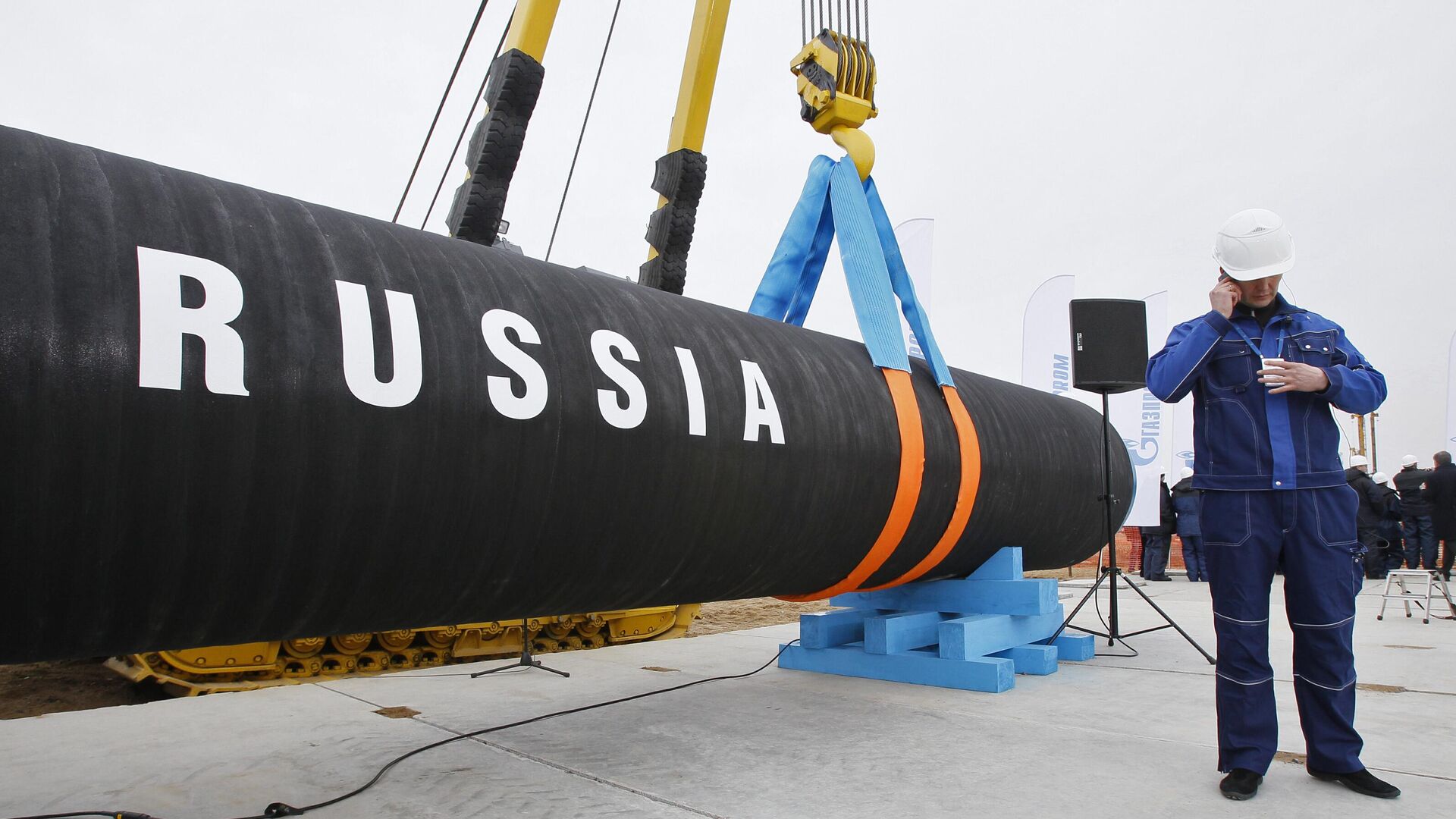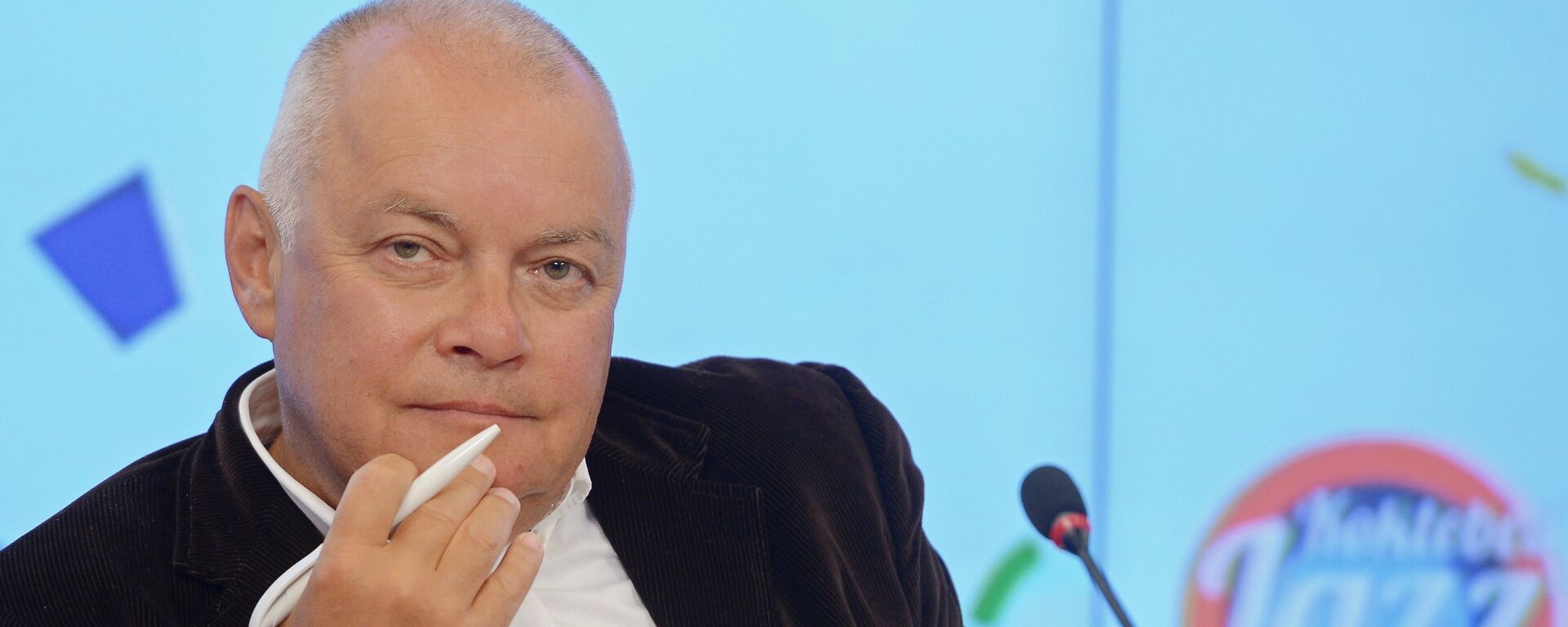https://sputniknews.in/20240606/eurasia-could-become-the-most-important-global-region-for-india-7548809.html
Eurasia Could Become the Most Important Global Region for India
Eurasia Could Become the Most Important Global Region for India
Sputnik India
The strategic potential on the two trade corridors connecting Russia and India could turn the Eurasia into the most important region for India's long-term strategic interests.
2024-06-06T21:13+0530
2024-06-06T21:13+0530
2024-06-06T21:13+0530
sputnik opinion
india
russia
iran
brics
liquefied natural gas (lng)
lng supplies
global oil production
oil and gas reserves
russian oil
https://cdn1.img.sputniknews.in/img/07e8/06/06/7550932_0:0:3190:1794_1920x0_80_0_0_e623a4f11ac80521eb80ee6d27f51128.jpg
The strategic potential on the two trade corridors connecting Russia and India – Chennai Vladivostok Eastern Maritime Corridor (EMC) and the International North South Transport Corridor (INSTC) – could turn the Eurasia into the most important region for India's long-term strategic interests, a Dubai-based think-tanker told Sputnik India on the margins of the St. Petersburg International Economic Forum (SPIEF) on Thursday.The comments were made on the second day of the annual geo-economic forum, running from 5 to 8 June, in the northern Russian city. Delegates and officials from nearly 139 countries are participating in the four-day event.Atul Aneja, the Member of Advisory Council at Dubai-based think tank Center of Geoeconomics for the Global South (COGGS), said that a significant portion of India-Russia oil trade was taking place through the Chennai-Vladivostok Corridor connecting Russian Far-East to India's southern coast.Aneja however stressed that there was a pressing need for fully operationalising the INSTC in view of rapid diversification of Russia-India bilateral trade, which hit a record of $65.7 billion in 2023-24.The Dubai-based, Indian-origin expert highlighted that the Iranian port of Chabahar near Bandar Abbas (located at INSTC route) also had the potential to become another "artery" of the INSTC, more so since New Delhi and Tehran last month signed a long-term contract for developing one of its terminals.'Possibility of an India-Russia-Iran Energy Corridor'Aneja said that there was always the possibility of adding "energy corridors" to the INSTC, which would not only increase its strategic value but also attract more investments to the areas lying on the INSTC routes.Explaining the strategic proposition of an "energy corridor" further, Aneja said that New Delhi was already invested "big time" in Iran's logistics because of the Chabahar Port and due to the fact that Indian government agency Border Roads Organisation (BRO) had developed a land route between Iran and Afghanistan."And with Iran comes the connection with Russia," he said, adding that a "giant" energy corridor would mean smooth transportation of Liquefied Natural Gas (LNG) from Russia to India through Central Asia and Iran, involving Oman.He suggested that even the Gulf states could chip in, as they were also part of one of the fastest-growing regions in the world which also comprised South Asia and southeast Asia.Aneja expressed hope that the increased interlinking of and interdependence among Russia, India and Iran would reap economic and geopolitical benefits, noting that energy dependence among the three nations, all members of BRICS, would transform the triangular ties into a truly strategic partnership.At present, the LNG trade between Russia and India is yet to take off, while India's imports of oil and gas from Iran remain all but suspended due to US sanctions on Tehran over its nuclear programme.'Africa Could Turn into a Lab for BRICS'Dwelling on the topic of how to make BRICS into an "economic powerhouse", Aneja said that the nine-nation grouping should move beyond slogans and start focussing on practical projects.He suggested that Africa as a continent had the potential to become a "laboratory" for BRICS economies to implement their geoeconomics agenda.The Global South expert reckoned that BRICS should align its geoeconomics agenda with Agenda 2063 of African Development Bank Group.Additionally, he said that the intergovernmental organisation could also look at pursuing connectivity projects in Latin America, Africa and other geographies in order to transform into a truly influential grouping in Global South."Otherwise, I'm afraid what happened, let's say with the Non-Aligned Movement (NAM), you know, that's a pity, because it got many countries together. But you could never get the geoeconomic trend going. And that's the reason why NAM did not realize its full potential," Aneja cautioned.
https://sputniknews.in/20240606/new-world-order-forming-with-brics-as-key-element--rossiya-segodnya-head-7545359.html
india
russia
iran
chabahar port
africa
global south
southeast asia
south asia
eurasia
greater eurasia
china
Sputnik India
feedback.hindi@sputniknews.com
+74956456601
MIA „Rossiya Segodnya“
2024
Dhairya Maheshwari
https://cdn1.img.sputniknews.in/img/07e6/0c/13/138962_0:0:641:640_100x100_80_0_0_2cb44360dbcdf6d84bf4b299cd045917.jpg
Dhairya Maheshwari
https://cdn1.img.sputniknews.in/img/07e6/0c/13/138962_0:0:641:640_100x100_80_0_0_2cb44360dbcdf6d84bf4b299cd045917.jpg
News
en_IN
Sputnik India
feedback.hindi@sputniknews.com
+74956456601
MIA „Rossiya Segodnya“
Sputnik India
feedback.hindi@sputniknews.com
+74956456601
MIA „Rossiya Segodnya“
Dhairya Maheshwari
https://cdn1.img.sputniknews.in/img/07e6/0c/13/138962_0:0:641:640_100x100_80_0_0_2cb44360dbcdf6d84bf4b299cd045917.jpg
chabahar port pact, india iran relations, russia india relations, russian exports to india, spief 2024, chennai vladivostok corridor, eastern maritime corridor, instc, north south corridor, russian oil exports, iranian oil exports, western sanctions on russia, western sanctions on iran, g7 sanctions, eurasia news, eurasia, indo-pacific news
chabahar port pact, india iran relations, russia india relations, russian exports to india, spief 2024, chennai vladivostok corridor, eastern maritime corridor, instc, north south corridor, russian oil exports, iranian oil exports, western sanctions on russia, western sanctions on iran, g7 sanctions, eurasia news, eurasia, indo-pacific news
Eurasia Could Become the Most Important Global Region for India
An Indian think-tanker told Sputnik India that the ongoing "structural interlinking" of Eurasia, including Iran, Russia and India, would be "gamechanger", which would make Eurasia as important for Indian policymakers as Indo-Pacific is at present.
The strategic potential on the two trade corridors connecting Russia and India – Chennai Vladivostok Eastern Maritime Corridor (EMC) and the International North South Transport Corridor (INSTC) – could turn the Eurasia into the most important region for India's long-term strategic interests, a Dubai-based think-tanker told Sputnik India on the margins of the St. Petersburg International Economic Forum (SPIEF) on Thursday.
The comments were made on the second day of the
annual geo-economic forum, running from 5 to 8 June, in the northern Russian city. Delegates and officials from nearly 139 countries are participating in the four-day event.
Atul Aneja, the Member of Advisory Council at Dubai-based think tank Center of Geoeconomics for the Global South (COGGS), said that a significant portion of India-Russia oil trade was taking place through the Chennai-Vladivostok Corridor connecting Russian Far-East to India's southern coast.
Aneja however stressed that there was a pressing need for fully operationalising the INSTC in view of rapid diversification of Russia-India
bilateral trade, which hit a record of $65.7 billion in 2023-24.
"The INSTC is going to be the real artery for trade between Russia and India. Now, that route is interesting because from Russia, it goes southwards to the Caspian Sea, Central Asia and Iran. From Persian Gulf, it moves towards Mumbai (on India's western coast) by sea," the think-tanker said.
The Dubai-based, Indian-origin expert highlighted that the Iranian port of
Chabahar near Bandar Abbas (located at INSTC route) also had the potential to become another "artery" of the INSTC, more so since New Delhi and Tehran last month
signed a long-term contract for developing one of its terminals.
'Possibility of an India-Russia-Iran Energy Corridor'
Aneja said that there was always the possibility of adding "energy corridors" to the INSTC, which would not only increase its strategic value but also attract more investments to the areas lying on the INSTC routes.
Explaining the strategic proposition of an "energy corridor" further, Aneja said that New Delhi was already invested "big time" in Iran's logistics because of the
Chabahar Port and due to the fact that Indian government agency Border Roads Organisation (BRO) had developed a land route between Iran and
Afghanistan.
"And with Iran comes the connection with Russia," he said, adding that a "giant" energy corridor would mean smooth transportation of Liquefied Natural Gas (LNG) from Russia to India through Central Asia and Iran, involving Oman.
"Either we have LNG, that is, compressed natural gas on ships, which takes us to the Indian western coast. Or we could even develop this project further that once it reaches Chabahar, it goes undersea to Oman and where you can have other arteries of gas joining it. And, from Oman, you have an under-sea pipeline towards Mumbai or somewhere close to that," Aneja assumed.
He suggested that even the Gulf states could chip in, as they were also part of one of the fastest-growing regions in the world which also comprised South Asia and southeast Asia.
Aneja expressed hope that the increased interlinking of and interdependence among Russia, India and Iran would reap economic and geopolitical benefits, noting that energy dependence among the three nations, all members of BRICS, would transform the triangular ties into a truly strategic partnership.
"It would be a partnership of necessity. You can't get out of it, so it will endure the geopolitical alignment because your dependance on Russian and Iranian gas would be so much. And so the partnership of Russia, Iran becomes a very strong political geopolitical bond which cannot be disrupted because of this interdependence. And that I think dual economics will decide the geopolitics," Aneja reckoned.
At present, the
LNG trade between Russia and India is yet to take off, while India's imports of oil and gas from Iran remain all but suspended due to US sanctions on Tehran over its nuclear programme.
'Africa Could Turn into a Lab for BRICS'
Dwelling on the topic of how to make BRICS into an "economic powerhouse", Aneja said that the nine-nation grouping should move beyond slogans and start focussing on practical projects.
He suggested that
Africa as a continent had the potential to become a "laboratory" for BRICS economies to implement their geoeconomics agenda.
"I think Africa is going to be a big laboratory for the BRICS to really translate the political alignment into economic projects and bring prosperity to people. On the ground, that would mean breaking cycles of poverty and creating new growth engines," stated Aneja.
The Global South expert reckoned that BRICS should align its geoeconomics agenda with Agenda 2063 of African Development Bank Group.
Additionally, he said that the intergovernmental organisation could also look at pursuing connectivity projects in Latin America, Africa and other geographies in order to transform into a truly influential grouping in Global South.
"Otherwise, I'm afraid what happened, let's say with the Non-Aligned Movement (NAM), you know, that's a pity, because it got many countries together. But you could never get the geoeconomic trend going. And that's the reason why NAM did not realize its full potential," Aneja cautioned.



